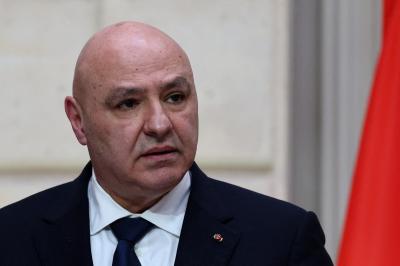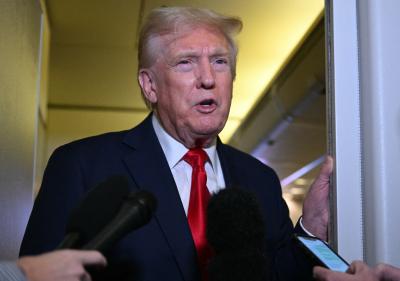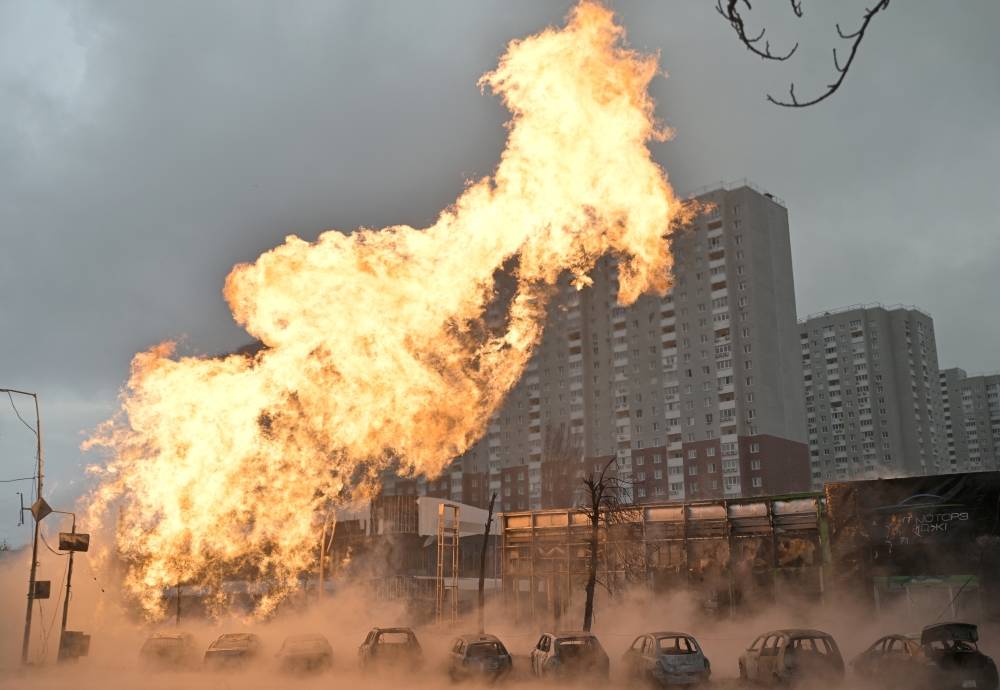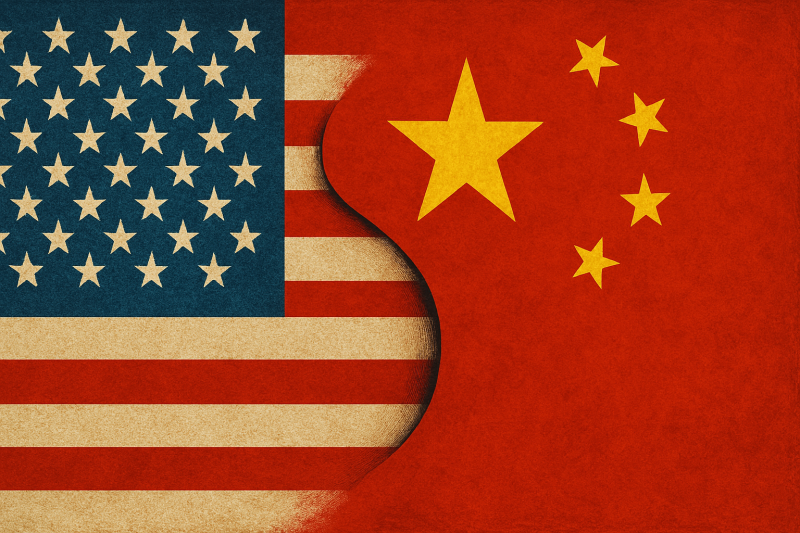As 2024 approaches, Ukraine finds itself at a dangerous impasse, torn between continuing a humanly and economically costly conflict or exploring talks with Russia for a peaceful resolution.
The narrative of the past six months paints a complex picture: a Western-backed offensive has only yielded modest gains, calling into question the strategies employed. It's a pivotal moment, both domestically and internationally.
Internally, dissent is emerging against President Zelensky for the first time since the conflict began nearly two years ago. Chief of Staff General Valeri Zaloujny, in an interview with "The Economist," pointed out that the fronts have reached a stalemate, a statement in direct opposition to Zelensky, a key figure in overturning the Russian offensive on Kyiv and Kharkiv.
Zelensky is banking on Western military reinforcements to break Russian defenses, notably seeking "F-16" fighter jets and advanced missile systems. This frantic quest for arms follows significant events, such as the destruction of the Russian ship "Novocherkassk," followed by a Russian escalation of strikes on several Ukrainian cities.
2024 looms as a decisive year for Ukraine, at the crossroads of war and negotiation, where each choice will heavily impact its destiny.
Zelensky believes that strengthening the Western arsenal and recruiting 500,000 men could push Russian forces beyond Ukraine's borders, thereby pressuring President Vladimir Putin to start negotiations from a weakened position. The hope is that Russia would compensate Ukraine for its war losses, while potentially securing Kyiv's NATO and European Union membership, thus ensuring long-term Ukrainian security.
However, Zaloujny opposes this strategy, deeming the recruitment of 500,000 men impractical and financially unfeasible. In recent months, Zelensky has dismissed recruitment officials for failing to fulfill their duties amid allegations of corruption and reports of some accepting bribes to exempt young men from military service.
Meanwhile, former boxer and current Kyiv Mayor Vladimir Klitschko expresses growing discontent with what he calls Zelensky's "authoritarian tendencies." Zelensky's refusal to hold presidential elections this year, citing emergency laws applied since the war's onset in February 2022, fuels Klitschko's concerns.
Zelensky has not hidden his apprehension about a potential Trump return to power, fearing a settlement detrimental to Ukraine.
This internal deadlock, combined with the failure of the counter-offensive, coincides with the Republican refusal in Congress to approve a new $61 billion aid package for Ukraine, part of President Joe Biden's $106 billion emergency aid request. This aid includes $14 billion for Israel following the Gaza conflict, support for Taiwan, and reinforcing the U.S. southern border against illegal immigration from Mexico.
Republicans remain firm in their refusal to release the aid for Ukraine, demanding that Biden take drastic steps in immigration reform, which would require significant expenditures to implement. Negotiations between Democrats and Republicans are ongoing on this issue.
Moreover, within the Republican Party, more voices question the necessity of sending more aid to Ukraine, while Biden's strategy for the outcome of the Ukrainian conflict remains unclear. Former President Donald Trump even claimed his ability to end the war in 24 hours if he returned to the White House in the upcoming November presidential elections.
Zelensky has not hidden his apprehension about a potential Trump return to power, fearing a settlement detrimental to Ukraine. Thus, the Ukrainian president is pressing for more arms to revive the fronts and trying to convince American lawmakers to maintain their support for Ukraine. He insists that Russia's victory would embolden Putin to consider other invasions in Europe.
These developments revolve around the Ukrainian crisis, highlighting that the Israel-Gaza conflict has had negative repercussions on Ukraine, diverting international attention to the Middle East, a region scrutinized by the United States with as much interest as European security.
Will Zelensky convince the United States and Europe to grant him a new opportunity to reverse the tide on the ground? And does this approach justify the attack on the Russian landing ship "Novocherkassk," triggering a mutual escalation involving Ukrainian and Russian cities?
 French
French















